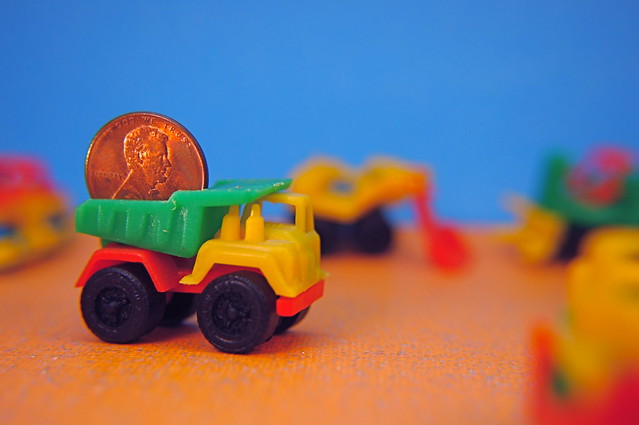The much-loved British fashion icon has created an exclusive print for Recycle Your Electricals. The campaign aims to get UK households to stop throwing away or hoarding their small old electricals and start doing something useful with them, like donating or recycling them.
The print appears on an ethically sourced, organic cotton tote bag featuring Dame Zandra’s trademark ‘Painted Lady Head’ illustration, with bold and colourful electrical items placed around it. Fans will instantly recognise the work of one of fashion’s most respected names. Profits from the sales of the bag will go to a cause close to Zandra’s heart, Waste Aid, which helps fight poverty, pollution, and climate change by sharing waste management and recycling skills in the world’s poorest places.
The bags will help Recycle Your Electricals launch this year’s Little Spring Clean campaign, which encourages UK householders to de-clutter and sort their unused household electricals, which are creating the world’s fastest growing waste stream. The totes are a handy and stylish way to help people recycle, by popping their electricals into the bag rather than a bin, ready to be taken to the nearest recycling point.
In the UK alone we are holding onto 527million small old electricals, and 155,000 tonnes of waste electricals are thrown away in general household rubbish each year. However, if the thrown away or hoarded electricals were recycled, 2.8 million tonnes of CO2 emission could be saved, equivalent to taking 1.3 million cars off the road. Any item with a plug, cable or battery can be recycled, such as mobile phones, laptops, hairdryers, speakers or irons.
A passionate campaigner for sustainability, Dame Zandra led the way for a greener approach to fashion, and living, before many others. With impeccable fashion credentials and an eye for stunning design that oozes personality and demands attention, there was no better person to support the campaign.
Dame Zandra Rhodes said, “I knew right away that Recycle Your Electricals was a campaign I wanted to get behind. I’ve been a huge advocate of zero-waste fashion for many years and really helped to get it on the radar of the general public. Now, we must also raise awareness of the problem of old electricals. Not many people know that they can, and should, be recycled or donated. I hope that people buy my charity tote, pop their electricals into the bag ready to be recycled, and organise their own ‘Little Spring Clean’ to help do something about this problem.”
Scott Butler, Executive Director, Material Focus the not for profit behind the Recycle Your Electricals campaign said: “It’s wonderful to have Dame Zandra Rhodes on board for this campaign. Not only is she a champion of sustainability, but she is a true fashion icon. The bag she has designed is both useful and stylish and I hope it encourages everyone to organise their own Little Spring Clean and start recycling their unwanted electricals.”
The Dame Zandra Rhodes exclusive print tote bags are available in light brown or white and cost £12 from www.shoprecycleyourelectricals.org.uk all profits go to Waste Aid. Pop your unwanted electricals into the bag before finding your nearest recycling or donation point at www.recycleyourelectricals.org.uk





